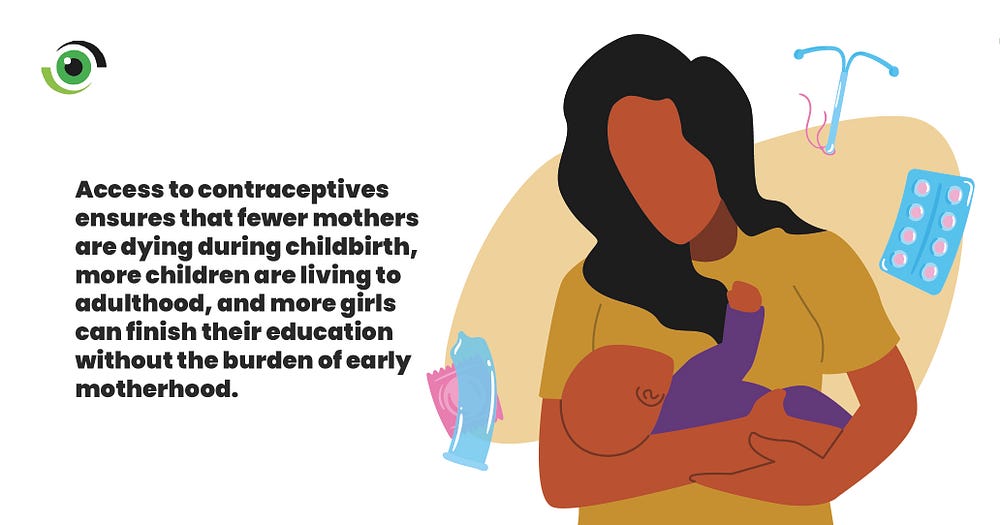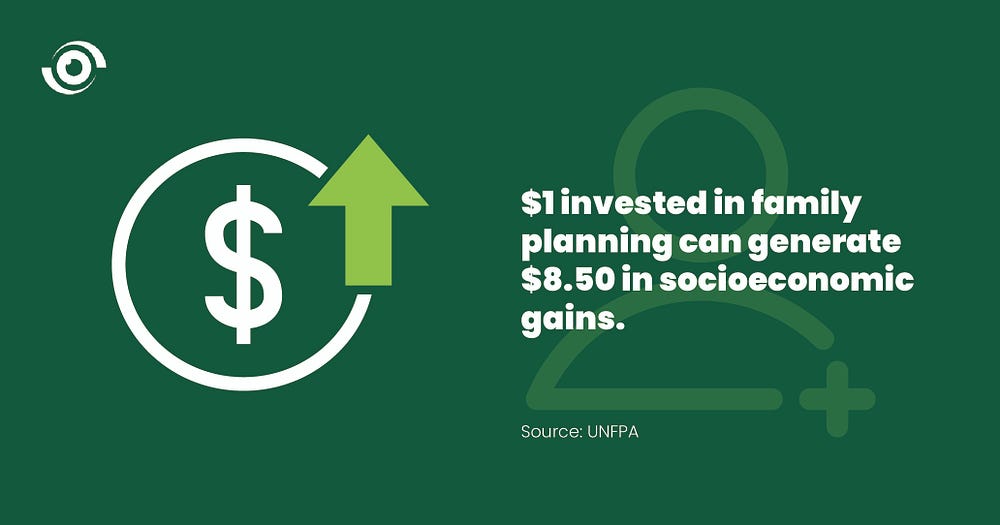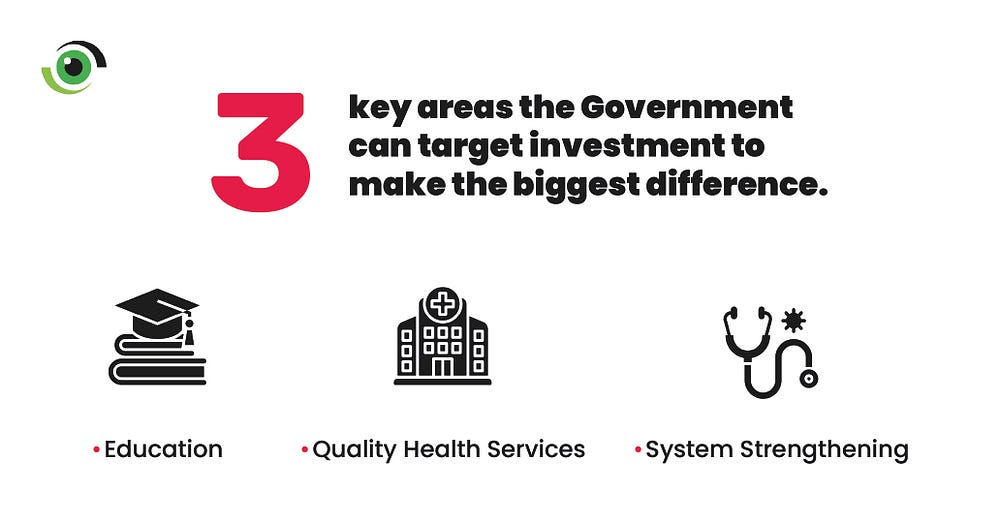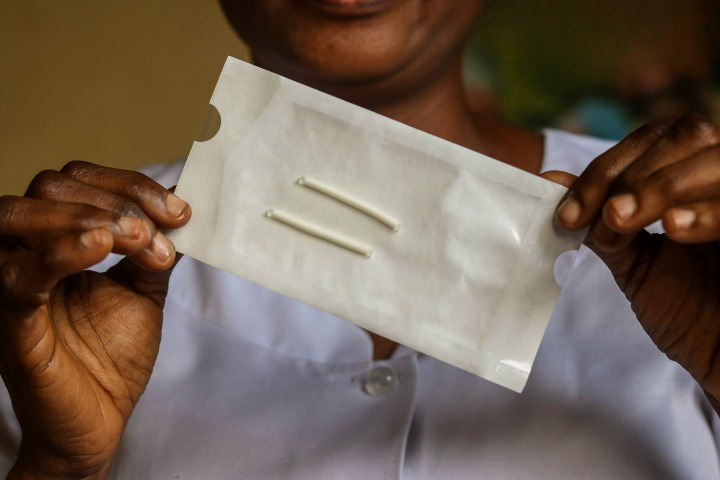[ad_1]
By Prof. Oladapo Ladipo and Dr Samukeliso Dube (Lead Writers)
Editor’s Note: Nigeria is a country with a rapidly growing population and diverse demographic challenges, therefore access to contraception plays a critical role in enabling it achieve its human capital development goals. In this thought leadership piece, Professor Oladapo Ladipo, President, Association for Reproductive and Family Health, Nigeria and Dr. Samukeliso Dube, Executive Director, FP2030, urge the government to prioritise family planning and strengthen healthcare systems, to improve the lives of Nigerians and promote a prosperous future.
Family planning is not a new concept. Midwives, community health workers, women and couples have been adhering to the family planning practice of birth spacing for generations to ensure that healthy mothers give birth to healthy babies. The most effective way to manage birth spacing is through widespread access to contraceptives — a family planning method that has helped ensure that fewer mothers are dying during childbirth, more children are living to adulthood, and more girls can finish their education without the burden of without early motherhood. Access to contraception enables women to take charge of their career paths and would help Nigeria attain its human capital development goals.
In other words, building on these advancements and further improving access to contraceptives is key to fast-tracking national progress. As Nigeria’s newly elected federal leaders get to work, they have an opportunity to prioritise efforts to provide family planning services and, in doing so, build a healthier and more prosperous Nigeria.

A critical window for prioritising family planning
As African physicians who have worked extensively in family planning and maternal and child health, we have seen firsthand how transformative access to contraceptives can be for women, families, and entire societies. When women have the family planning methods they need to plan their pregnancies, families and governments can devote more resources to children’s health and education — not to mention that $1 invested in family planning can generate $8.50 in socioeconomic gains.
We’ve also seen what happens when families don’t have these options — preventable deaths from maternal mortality, low literacy among women and girls, and persistent poverty, all of which are still too common across the country. Given Nigeria’s significant youthful and fast-rising population, coupled with aspirations for economic growth and development, it is imperative that a reinvigorated effort is undertaken at both the national and state levels to expand access to family planning to reverse the trends.

The Nigerian government has committed to a Revised National Policy on Population and to ensuring equitable and affordable access to family planning for all by 2030, as part of its commitment to the global FP2030 partnership. The next four years provide a critical window for new national leaders -together with their state level counterparts responsible for providing family planning services in state health centers — to invest in meeting these goals.
Investing for impact
The three key areas where we believe the government should target investment to make the biggest difference are education, quality health services, and system strengthening.

Myths about contraception stubbornly persist across Nigeria, and debunking this false information is essential to increasing use of modern family planning methods. Building a culture of accuracy about the safety and benefits of contraception will require a team effort, with the Ministries of Health and Education working alongside trusted community leaders and the media and entertainment industries. Social marketing campaigns and confidential call centers, like DKT International’s Honey & Banana and other digital health platforms, can help reach people — especially young people — where they are, answer common questions, and connect people to the care they need.
Once a woman has accurate information about her family planning options, it should be easy for her to take action. While a trip to a health clinic at a specific time or day may be too high a barrier for a busy mother or student, a stop at a local drug shop or patent medicine vendor/chemist might be more feasible. Programmes that train community workers, pharmacists and drug shop owners to provide family planning counseling and services can safely and effectively get more contraceptive tools into the hands of those who need them. For example, the government can expand successful initiatives like Community Health Influencers Promoters and Services (CHIPS) program and the integratE project in Kaduna State, which trains trusted, local practitioners at drug shops and pharmacies to provide care.
For a woman who has just given birth, contraception can be critical to help her safely plan her next pregnancy when she is ready and when her body is healthy. By integrating family planning into the antenatal and postnatal care that mothers are already receiving, we can make it easier — and thus, more likely — for them to get the tools they need.
Finally, when someone seeks out contraceptives, she should be able to reliably access them either at the community or at the facility level. If a woman makes a trip to a health center or pharmacy, only to encounter a stockout upon arrival, she may be unable to return. Inadequate funding, weak supply chains, and inefficient procurement processes mean that too many women who want contraceptives are leaving health centers empty-handed. Building strong contraceptive supply chains by improving reporting and demand forecasting, for example, is critical to ensure reliable access to family planning.
For Nigerians seeking to plan and space their families, contraceptive options should be easy to understand, easy and affordable to access, and reliably available. We have the tools we need to make this vision a reality, and we know that doing so will help our communities thrive. Now, with the support of our new national leaders, the government must realise Nigeria’s FP2030 commitment to allocate at least 1% of state and national health budgets to family planning.
It’s on all of us — advocates, experts, medical providers, and government leaders — to embrace the power of family planning. Together, we can improve the lives of millions of Nigerians and unlock a more prosperous future for Nigeria.
[ad_2]
Source link



